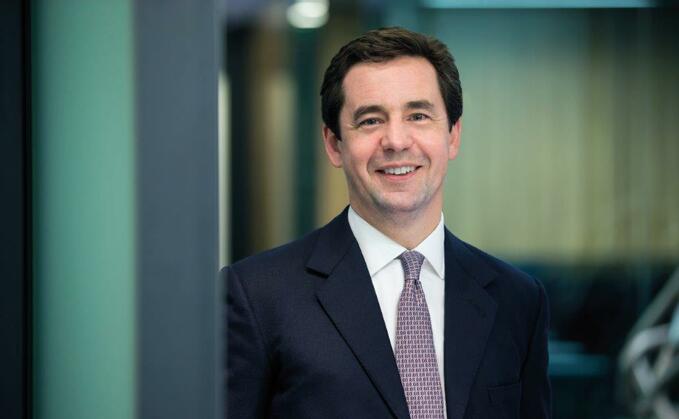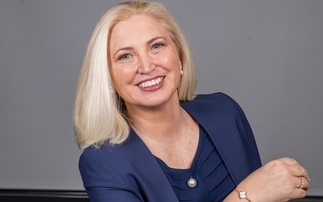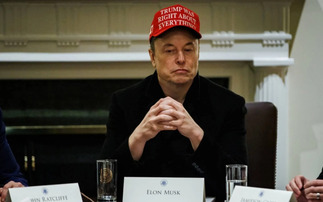
Schroders CEO Peter Harrison
“The biggest industry in the history of mankind has yet to be built,” according to CEO of Schroders Peter Harrison, who argued the transition to net zero will be mostly built through private markets.
Speaking to Investment Week, Harrison explained that private markets and alternative assets, in which Schroders' AUM grew 16% year-on-year, are vital assets for the future.
Trio of Q4 acquisitions boost Schroders AUM 10%
"Most of [the transition industry] will be in private markets, and the ability to have an infrastructure debt capability, an infrastructure equity capability, a real estate capability to build those asset for the future are where we have got to position ourselves," he said.
The firm's recent 75% acquisition of Greencoat Capital demonstrates its commitment to this idea, as the firm specialises in renewable energy infrastructure investing.
As interest in private markets continues to grow, Harrison hopes Schroders can become a "one stop shop" for clients.
"Will clients allocate progressively more to private markets? Absolutely," he said. "What we have been able to do is to create a set of businesses where we can take in money across private debt, private equity, real estate, insurance-linked securities and securitised credit.
"[We want] to be that one stop shop for clients who want the whole waterfront, and the big attraction is that you are taking in money which is often locked in for ten years."
This long-term investment into "sticky" assets allows access to the kind of systemic change required for a net zero transition to succeed, but also exists beyond private markets.
Schroders repurposes trio of funds to sustainable mandates
"If you look in public markets and you get your thematic portfolios right, they become really quite attractive to people having long term holdings in themes that they want to participate in over time," Harrison explained.
"It is not the same thing because they are daily priced mutually funds, but I see huge mileage still in the energy transition."
Further belief in the transition to the green economy is evident in the firm's growing Article 8 and 9 designated funds, which currently sit at more than £60bn in assets under management, a figure Schroders hopes to grow to 90% of assets.
"I cannot see fund distributors, wealth managers wanting to buy non-Article 8 or 9 funds going forwards," Harrison explained. "The world has totally shifted and rightly so."















